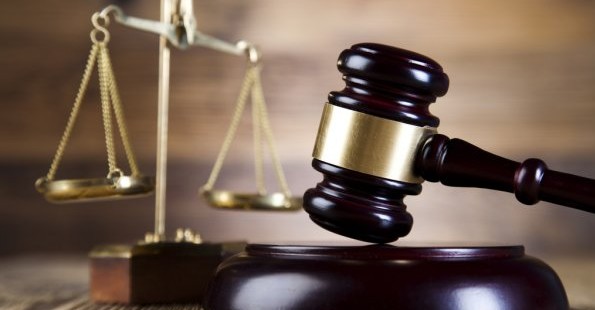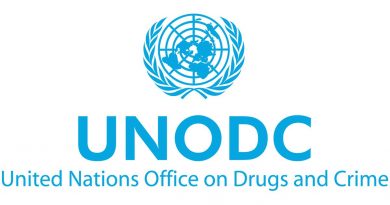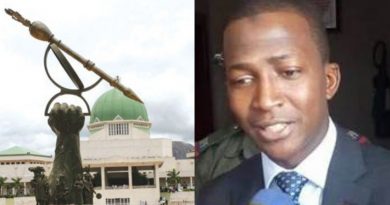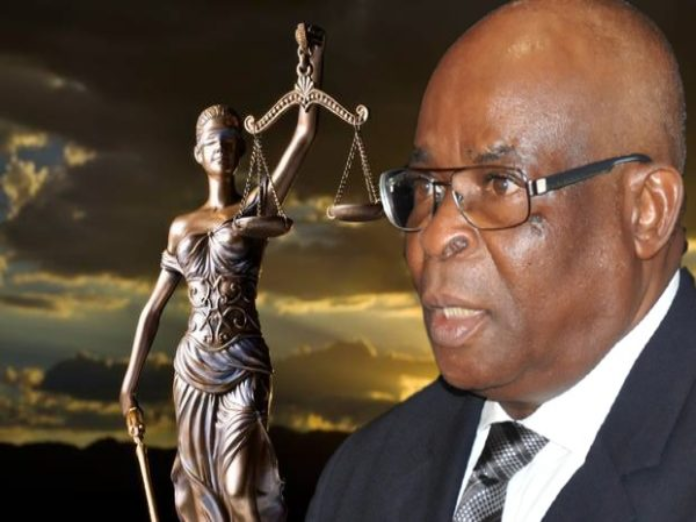2023: Judiciary Tasked On Uprightness, Transparency In post-Election Disputes
Oru Leonard
As the courts and tribunals begin hearing post-election disputes, the Nigerian Judiciary has been tasked with proper and transparent adjudication of cases that will be brought before it by politicians and political parties.
The presidential candidates of the Peoples Democratic Party (PDP) and Labour Party (LP), Alhaji Atiku Abubakar and Peter Obi, have already indicated that they will contest the February 25, Presidential elections over alleged infractions.
Apart from the two presidential candidates, many National Assembly candidates have also indicated interest in approaching the courts.
Speaking on the integrity task ahead of the Judiciary after the 2023 general elections, Abuja-based legal practitioner Barr. Chidi Onwuekweikpe called on judicial officers appointed to preside over petitions arising from the 2023 polls to “exercise their roles in an upright way and according to limits of the law.”
Onwuekweikpe led the call during PUBLIC CONSCIENCE, an anti-corruption radio programme produced by the Progressive Impact Organization for Community Development, PRIMORG, Wednesday in Abuja.
He stated that the judiciary has a crucial role at this stage of Nigeria’s electoral Jurisprudence and remains the only option available for any aggrieved person.
Onwuekweikpe blamed politicians for stimulating doubts and integrity concerns whenever judgements are pronounced from the courts, noting that civil cases do not generate controversy as much as political cases in Nigeria.
“The challenge we are having is from politicians; when a matter goes in your favour, the Judiciary is the best thing that happened to Nigeria, go on appeal it goes the other way saying I have been robbed, the Judiciary is corrupt from the same mouths, so what do you make of it, are the politicians that are now determining the integrity of the Judiciary which should not be so.
“Whatever you say about it should be based on reading through the judgement and how the judges decide. That is when you can make an informed opinion from the court’s decision. It’s not a marketplace thing when you come because the case didn’t favour you would say they have turned justice upside down. You have to read in between the lines and find out the reasons for decisions which they just be justified,” Onwuekweikpe stressed.
Cautioning Nigerians on their expectations ahead of post-election litigations, the Legal Luminary said courts handling election cases could only work with available evidence and not emotions. Adding that election cases are won and lost in courts to technicalities, procedural errors or how lawyers present facts.
On his part, Daily Trust Newspaper’s Judiciary Correspondent, John Chuks Azu, reminded the Judiciary that Nigerians expect them to maintain neutrality and transparency and be above board as they entertain post-election petitions.
According to Azu, judicial officers handling election cases must understand that the judiciary is serving the people and not themselves while urging that journalists should be granted access to monitor and report the process.
His words: “The Judiciary as a 3rd arm of the government has tried to maintain neutrality. For them (Judiciary) to be above board, the public will expect that as the petition come in for the various election, both the presidential and national assembly and, of course, disputes arising from the Governorship and State Assembly elections that will be coming up on Saturday, the public will expect them (Judiciary) to be transparent in the sense that the processes and procedure should be made open.
“Journalists should be granted sufficient access, and observers both from local and international platforms should also be allowed, and the judiciary should try as much as possible to ensure that it follows the relevant rules and laws that guide our elections and are applied properly to ensure that the outcomes will not be far from what the public expect based on the evidence before it.”
On several pre and post-election petitions, Azu said the Independent National Electoral Commission must be ‘more accountable,’ which will help solve the problem.
“The problem is that INEC believes its role is just to supervise the process and then declare results.
“You have to be accountable all through the procedure. procedure. This is where they are getting it wrong, and they have to work on it to ensure that the money they are being given is used; How was the monitoring for the primaries done? Who were the officials? Where were they posted to? How did they monitor? The election proper, the budget for technology, the funding for materials, how did you utilize them? Why didn’t you get the outcome that is generally accepted?
“So they have to be up to task in terms of accountability. That’s how to build confidence,” Azu stated.
Recall that Governorship and State Assembly elections, earlier slated for March 11, were rescheduled for March 18, 2023, after the court granted INEC permission to reconfigure the Bimodal Voter Accreditation System (BVAS).
Public Conscience is a syndicated weekly anti-corruption radio program used by PRIMORG to draw government and citizens’ attention to corruption and integrity issues in Nigeria.
The program has the support of the MacArthur Foundation.
(PRIMORG Media)




